As we approach another Christopher Street Day (CSD), we at GLAY – Gay and Lesbian Associates of Yumbo – find it essential to pause, reflect, and remember the origins of this day. While today’s Pride events often shine with celebration, music, colour, and joy, the foundation of what we now know as Pride is rooted in resistance, struggle, and the demand for basic human dignity.
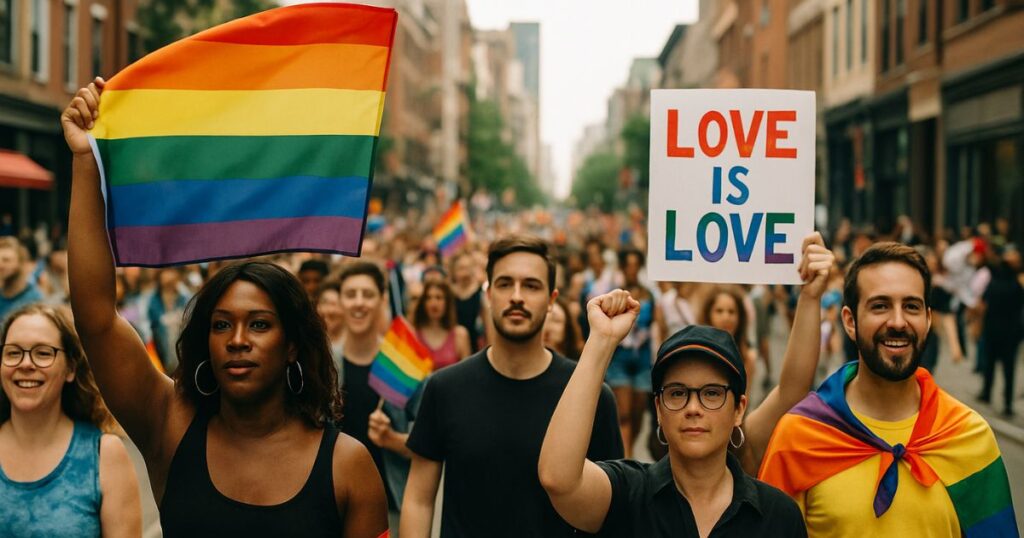
Christopher Street Day is not merely a parade. It is a commemoration of a historic turning point in the LGBTQIA+ rights movement. It reminds us that the freedoms many of us experience today were not given – they were fought for. And those battles were led by a wide cross-section of our community.
The Spark: Stonewall, 1969
It began on a hot summer night, June 28, 1969, in New York City. The Stonewall Inn, a modest bar located on Christopher Street in Greenwich Village, served as a rare safe space for LGBTQ+ people in an era when simply existing publicly as queer could mean arrest, loss of employment, or worse.
Police raids on gay bars were routine. Corruption, violence, and systemic discrimination were everyday realities. But that night, something changed. When the police raided the Stonewall Inn yet again, the patrons – tired of humiliation, brutality, and erasure – said no more.
The raid turned into a riot. It wasn’t planned. It was raw emotion and collective exhaustion boiling over. The crowd that night was incredibly diverse – made up of gay men, many of them young, working-class and streetwise, drag performers, butch lesbians (masculine-presenting women who challenged gender norms), and transgender individuals, particularly women of color who had long been targets of police violence and discrimination.
Together, these groups — each with their own lived experiences of marginalisation — stood side by side in defiance. No single group led the uprising alone; it was a spontaneous act of solidarity from a community that had been pushed too far, for too long.
A Note on Grief and Icons: Judy Garland’s Death
It’s impossible to talk about June 1969 without mentioning the grief that hung heavy over the queer community in New York. Just a week before the uprising, Judy Garland – a beloved gay icon whose music, vulnerability, and resilience had long resonated with gay men – passed away. Her death on June 22, and funeral on the day of the first riot, cast a deep shadow over the city’s LGBTQ+ bars.
Many regulars at the Stonewall Inn had gone to view her body and were devastated. Some who were there that night would later recall hearing cries of “This is for Judy!” during the clashes with police. Whether symbolic or coincidental, Garland’s passing became emotionally linked to the uprising.
At the Stonewall Inn today, her photo still hangs in a place of honour – with many referring to her lovingly as “the mother of Pride.”
Why Cristopher Street Day still matters
Christopher Street Day – also known in many places simply as Pride – has become a global celebration of queer identity, resilience, and liberation. From Berlin to São Paulo, from New York to Cape Town, Pride events bring millions together each year in a powerful show of visibility and community.
But even as we celebrate, it’s important to remember that Pride remains deeply political. It is not just about rainbow flags or street parties – it is about resistance, dignity, and the ongoing fight for equality.
Yes, same-sex marriage is legal in many countries. Yes, there are growing protections in law. But the struggle is far from over:
- Hate crimes against LGBTQIA+ people are rising in many parts of the world
- Trans rights are under coordinated attack in various political systems
- Conversion “therapies” remain legal in far too many countries
- Queer youth continue to face higher risks of homelessness, discrimination, and mental health crises
- In over 60 countries, being LGBTQIA+ is still criminalised – in some, it carries the death penalty
Pride must never lose its roots in activism. It must remain a call to action, a space to demand justice and equality, and a place where no one is left behind.
Why We at GLAY Remember
Here in Maspalomas, where millions travel each year to experience LGBTQ+ freedom, it’s easy to forget how hard-won those freedoms are. But we know: we stand on the shoulders of those who came before us.
As GLAY, we are more than just a community group. We are advocates, listeners, bridge-builders, and protectors of memory. We honour the legacy of the Stonewall Riots every time we raise our voice for those who can’t. Every time we speak up for inclusivity in our spaces, for dignity in our events, and for respect within and beyond the LGBTQIA+ community.
To understand why solidarity, visibility and political support are more crucial than ever, we invite you to read our companion article: Why solidarity, visibility and political support for LGBTQIA+ matter more than ever
The Legacy We Carry
There’s a reason the Stonewall Inn has become a global symbol. And there’s a reason why the name “Christopher Street Day” still echoes in Pride marches around the world.
It was a moment of rupture. A crack in the wall of oppression. From that moment on, people began to organise, to march, to speak up. The first Pride March took place a year later, in June 1970. What began as a defiant protest grew into a global movement.
Today, we have Pride parades in places where even the word “gay” was once taboo. We have allies in government, business, and media. But we must not let comfort breed complacency.
The Fight Is Ongoing
When we march, we do it:
- For those who still can’t
- For queer people in countries where Pride is banned
- For For transgenders denied healthcare and dignity
- For nonbinary people still erased in laws and society
- For people of colour facing double and triple marginalisation
- For LGBTQIA+ asylum seekers fleeing persecution
Pride is not just a party. It is a promise: that we will not forget, we will not be silent, and we will not leave anyone behind.
Final Words from GLAY
At GLAY, we believe that community means remembering together. It means being proud not only of who we are but of who came before us – and what they endured to make our lives possible.
Let us never forget that the original Pride was a riot. That it began with resistance, not rainbow floats. That its purpose was to demand rights, not merely to celebrate visibility.
This CSD, we stand in remembrance. In honour. In defiance. In love.
We remember. We resist. We rise.
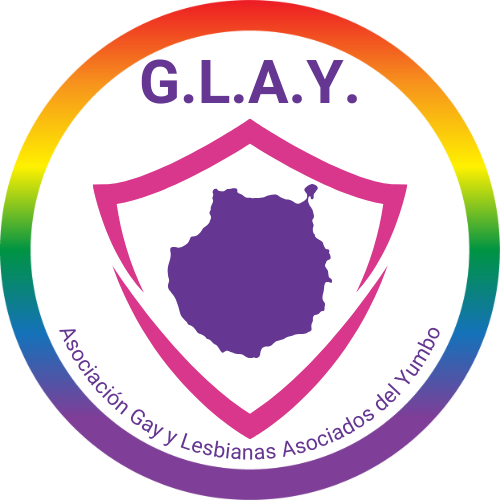


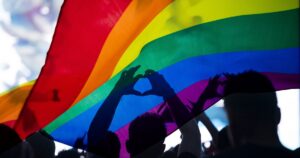
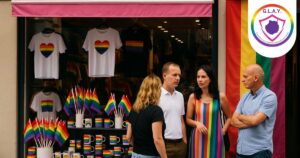
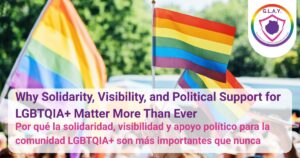


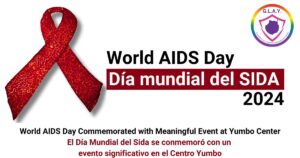
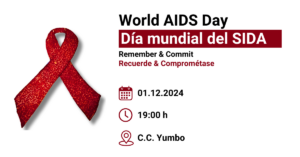
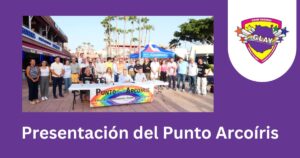

0 Comments